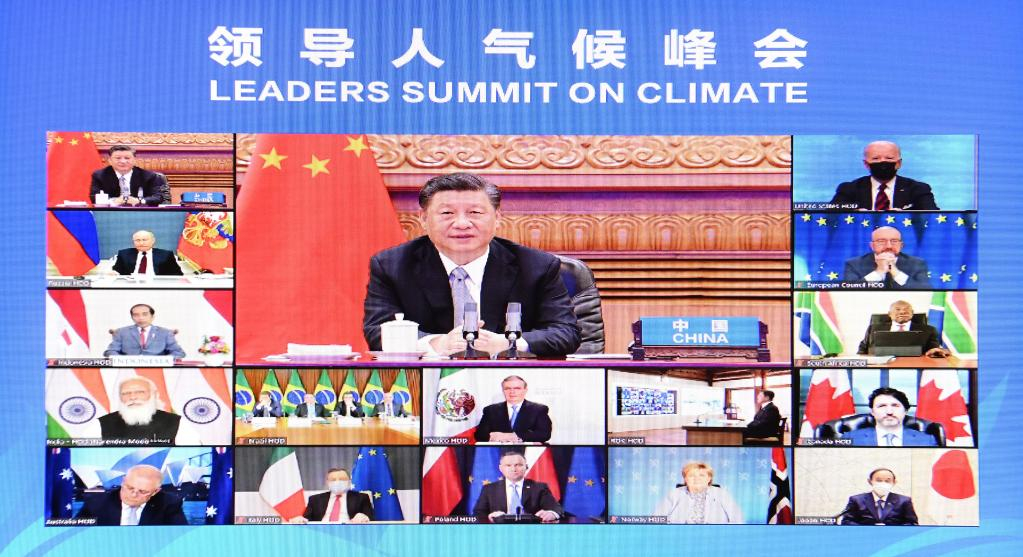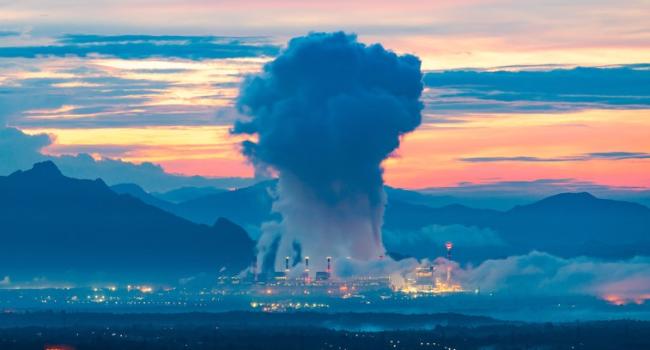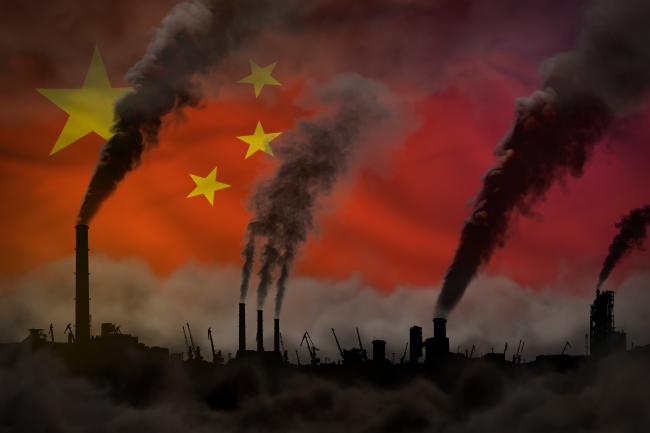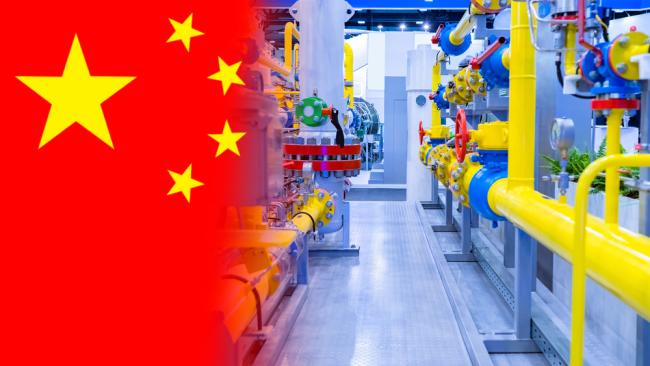China’s New Five Year Plan : Economic and Energy Sector Implications

Practical information
Themes and regions
Related centers and programs
President Xi has surprised both the world and Chinese stakeholders in announcing the carbon neutrality objective by 2060. Yet the first announcements on China’s new Five Year Plan give little hope for a substantial policy adjustment in order to peak greenhouse gas emissions in the coming years, instead of “before 2030”.

Today, 28% of the world’s CO2 emissions come from China, which registers over 7 tons of GHG/capita (i.e. more than the European Union but two times less than the United States). China can hardly argue for more time in reducing its emissions, in contrast to emerging market emitters such as India. What are the current energy sector trends in China, what policy changes may be expected, and what are the five-year perspectives in the field of electricity, transport and industry?
PROGRAM:
Introduction: Françoise Nicolas, Director, Center for Asian Studies, Ifri
China’s energy and climate policies ahead of COP26: has anything changed? Kevin Tu, Senior Associate Fellow, Ifri
Discussants: Marc-Antoine Eyl-Mazzega, Director, Center for Energy & Climate, Ifri and John Seaman, Research Fellow, Center for Asian Studies, Ifri
Find out more
Addressing the Climate Emergency: Closing 1,000 Gigawatts of Coal Plants by 2035
In order to have any chance of limiting global warming to well below +2°C, there is no choice but to tackle coal-fired power plants head-on, around the world.
Ambitious New Climate Goals Shouldn't Let China off the Hook
Xi Jinping’s announcement of carbon neutrality is impeccably timed, but the hard part lies ahead.
Prospects of a Hydrogen Economy with Chinese Characteristics
This study assesses the prospects of a hydrogen economy with Chinese characteristics. Against the backdrop of an escalating US-China trade war and the ongoing novel coronavirus (COVID-19) pandemic, key Chinese stakeholders become increasingly interested in moving the hydrogen economy agenda forward.
A Review of Recent Trends in China’s Gas Sector and a Glimpse into the 14th Five-Year Plan
China’s economy has rebounded since April 2020 and China is one of the few countries in the world that is expected to avoid a recession in 2020. With low imported gas prices, progress with the gas market liberalization and success in pushing up shale gas production, the window of a golden age for gas has opened up again in China.
Related Subjects
Other events

Paris Naval Conference 2026: Naval Rearmament and Operations in Contested Waters
This fourth edition of the Paris Naval Conference (CNP), bringing together high-level military, industrial, and academic speakers, will address the challenges associated with general naval rearmament and naval operations in increasingly contested environments.









